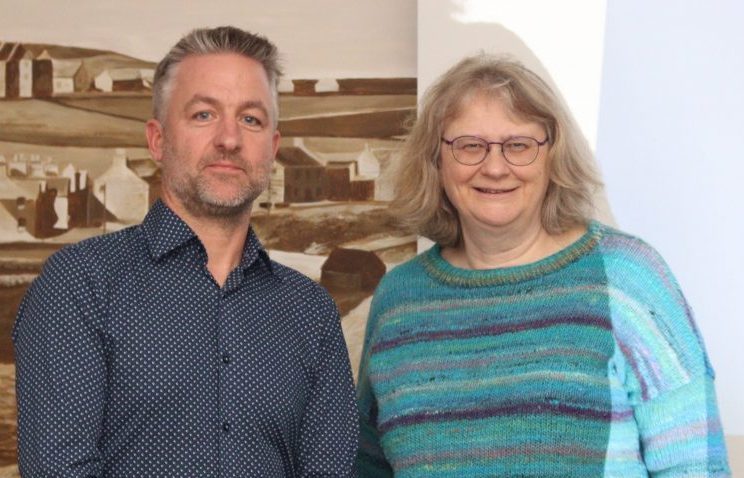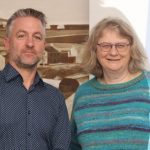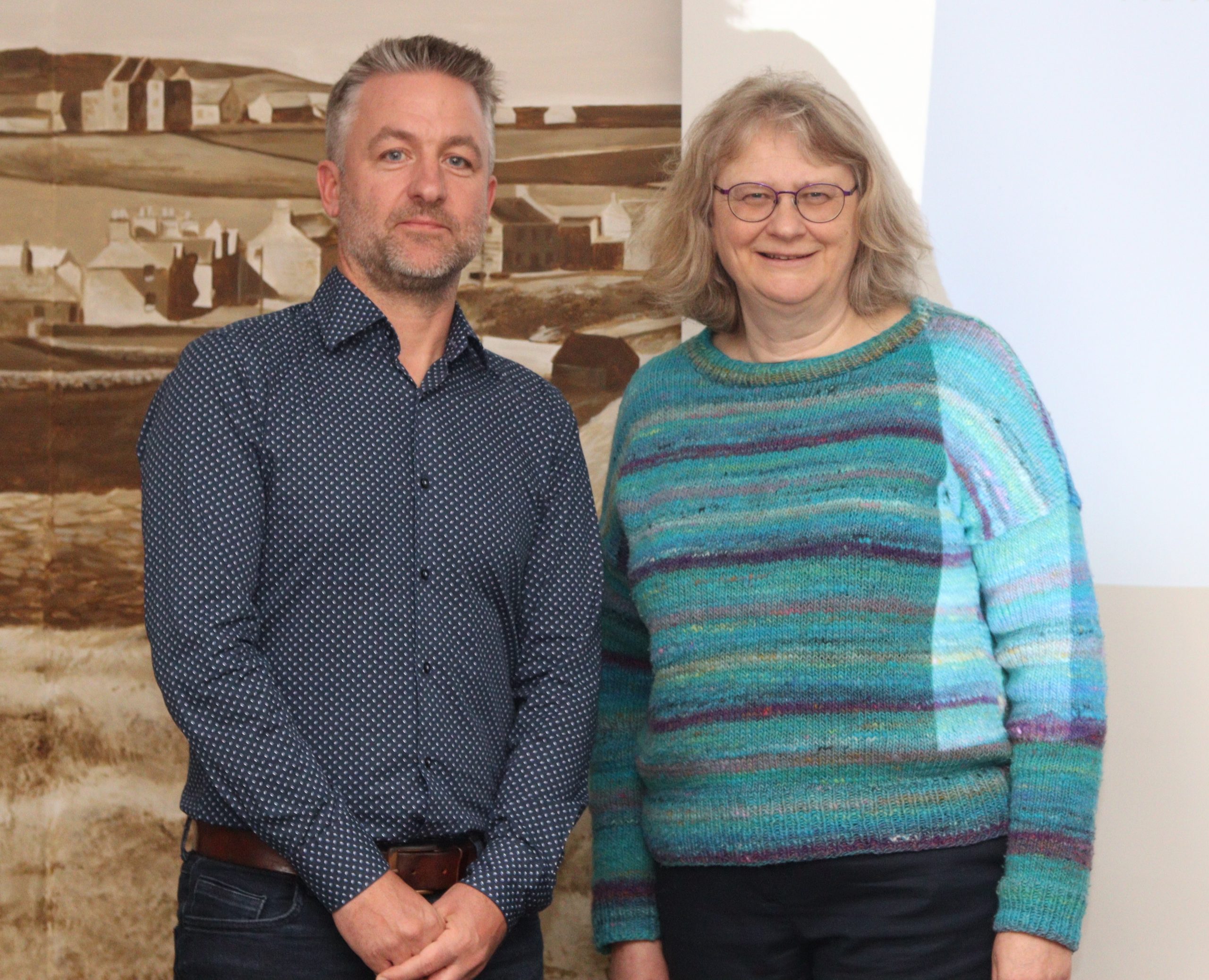

Health organisations welcome Westray genetic testing pilot

Organisations directly involved with treating and supporting Orkney cancer patients have welcomed the news that a pilot testing scheme is to be established to identify those carrying a Westray-originated genetic variant.
Differences in the BRCA1 gene can heighten a woman’s risk of developing breast and/or ovarian cancer. Both men and women who carry the gene can pass it on to their children.
New joint research by the University of Aberdeen and the University of Edinburgh has revealed that one in 100 people who have grandparents from Orkney have a BRCA1 gene variant.
The news was shared with the community in Westray on Thursday by Professors Jim Flett Wilson and Zosia Miedzybrodzka, who have led the research.
They also announced that a pilot scheme testing every consenting Westray resident with Westray-born grandparents was also announced.
Both CLAN Cancer Support and NHS Orkney have responded positively to the news, which they believe will help monitoring, diagnosis and treatment for those with a genetic risk of cancer.
Fiona Fernie, chief executive of CLAN said: “This is a significant medical finding which understandably may unsettle people in our Orkney community and those with family connections there, however it is important to note that carrying the BRCA1 gene variant does not mean you will develop cancer.
“We welcome the pilot testing scheme which is being made available to those living in Westray with a Westray-born grandparent in addition to the test already available to anyone in Scotland with a direct family connection to the gene or a family history of ovarian or breast cancer.
“Early screening and detection can bring positive outcomes for many patients and this scheme is another tool to aid catching cancer early.
“We’d encourage anyone who is concerned about this research to contact the NHS Grampian genetics clinic for medical advice. Clan will continue to support any Orcadians affected by a cancer diagnosis from its Kirkwall base and the Haven in Aberdeen which offers home-from-home accommodation and support services to people travelling to the city for medical appointments.”
A spokeswoman from NHS Orkney said: “We are grateful to Professor Zosia Miedzybrodzka and Professor Jim Wilson for their dedication to genetic testing.
“Genetic research is an important part of medical science and can inform the services we offer. Our priority at NHS Orkney is, as always, the health and wellbeing of the communities we serve.
“Developing cancer is not solely down to carrying the BRCA1 mutation alone, there are many complex factors, and some people with gene alterations will not get cancer.”
A direct helpline to the NHS genetic clinic has been stood up for anyone who has any questions relating to the genetic findings and we urge you to call should you have any queries, 01224 553940.
If you have concerns about changes in your body or symptoms affecting your health, the first port of call should be your GP. You can also find reliable medical advice on NHS Inform.
More on this story including how this discovery was made in next week’s edition of The Orcadian.